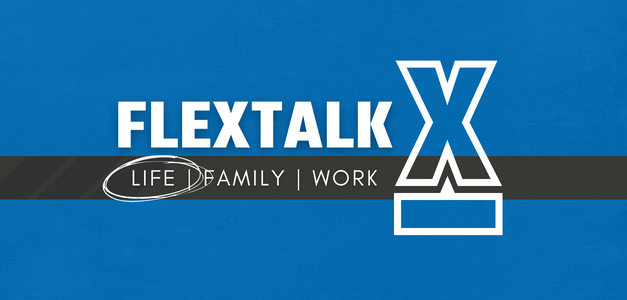In our fast-paced, technology-driven society, the allure of constant connectivity often comes at the expense of our mental well-being. The concept of a digital detox—taking a break from screens and online interactions—has emerged as a powerful remedy for those seeking balance and clarity in their lives. This article delves into the benefits of a digital detox, practical tips for implementation, and the profound impact it can have on your everyday life.
Why Digital Detox Matters
- Mental Health Benefits: Studies show that excessive screen time is linked to increased anxiety, depression, and stress levels. By disconnecting from digital devices, individuals often experience a reduction in these symptoms, leading to improved mental health.
- Enhanced Focus and Productivity: Constant notifications and the temptation of social media can fragment our attention. A digital detox allows you to reclaim your focus, making it easier to complete tasks efficiently and enjoy a greater sense of accomplishment.
- Improved Relationships: When we’re glued to our screens, we often miss out on meaningful interactions with those around us. Taking time away from devices encourages deeper connections with family and friends, fostering more fulfilling relationships.
- Better Sleep Quality: The blue light emitted by screens can interfere with sleep patterns. A digital detox, especially before bedtime, can lead to improved sleep quality, resulting in better overall health and well-being.
Practical Tips for a Successful Digital Detox
- Set Clear Goals: Determine what you hope to achieve during your digital detox. Whether it’s reducing screen time, improving mental clarity, or enhancing your relationships, having clear objectives will keep you motivated.
- Choose Your Duration: Decide how long you want your detox to last. It can range from a few hours to several days, depending on your lifestyle and commitments.
- Create Device-Free Zones: Designate areas in your home, such as the dining room or bedroom, as device-free zones to encourage meaningful interactions and relaxation.
- Plan Offline Activities: Fill your schedule with engaging offline activities. Consider reading, hiking, cooking, or pursuing a new hobby that doesn’t involve screens.
- Communicate Your Intentions: Let friends and family know about your detox plans. This not only sets expectations but can also encourage others to join you in disconnecting.
- Gradual Reduction: If a full detox feels daunting, start by gradually reducing your screen time. Set specific hours for device usage and stick to them, allowing your brain to adjust to less stimulation.
The Long-Term Impact of Digital Detox
Many individuals report that a digital detox not only provides immediate relief but also leads to long-lasting changes in their habits and mindset. After disconnecting, people often find themselves more present in their daily lives, appreciating simple pleasures and reconnecting with their surroundings.
Additionally, the skills and insights gained during a digital detox can help individuals create healthier boundaries around technology usage, allowing for a more balanced lifestyle in the long run.
Takeaway
In a world where digital distractions are ever-present, embracing a digital detox can lead to significant improvements in mental health, relationships, and overall well-being. By taking the time to unplug, you can reclaim your focus and presence, ultimately leading to a more fulfilling life. Consider implementing a digital detox in your routine—you may be surprised by the positive changes it brings.
- How has constant connectivity through smartphones and social media impacted our attention spans and ability to be present in the moment?
- What are some signs that someone might need a digital detox, and how can they recognize these in their own behavior?
- How can we create boundaries with technology without feeling disconnected or left out of important conversations or information?
- What role do digital detox practices play in promoting mental health, and could they be a solution to issues like anxiety or burnout caused by screen time?
- In what ways can we incorporate small, daily digital detox habits into our lives, and what positive changes might we see as a result?


